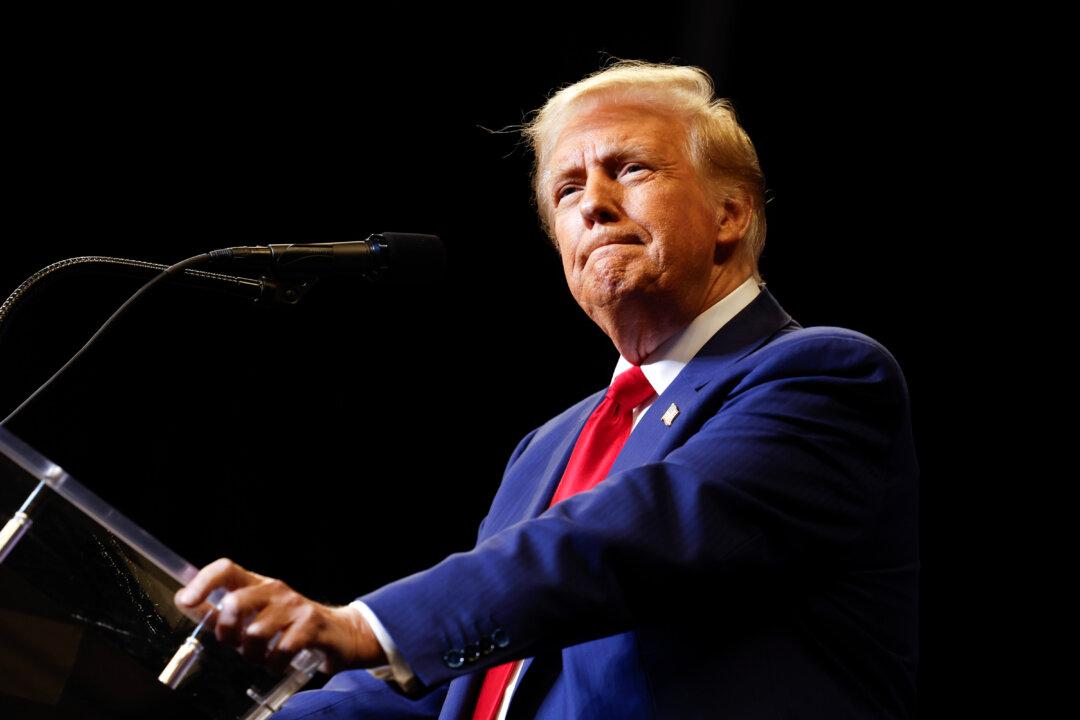President-elect Donald Trump has filed a motion requesting that New York Supreme Court Justice Juan Merchan dismiss his New York criminal case and verdicts against him.
“Wrongly continuing proceedings in this failed lawfare case disrupts President Trump’s transition efforts and his preparations to wield the full Article II executive power authorized by the Constitution pursuant to the overwhelming national mandate granted to him by the American people,” his motion, dated Dec. 2, reads.





